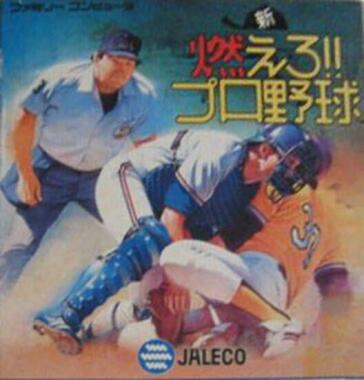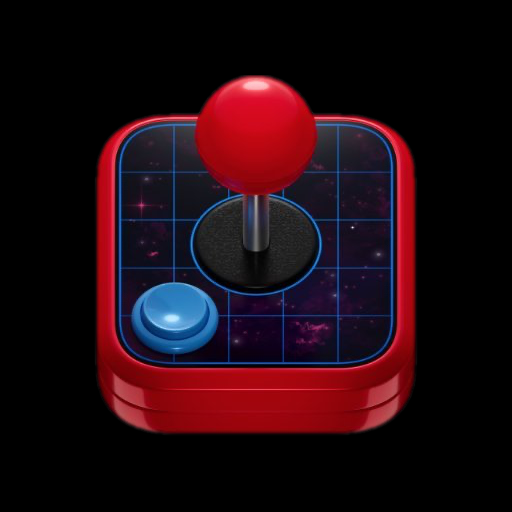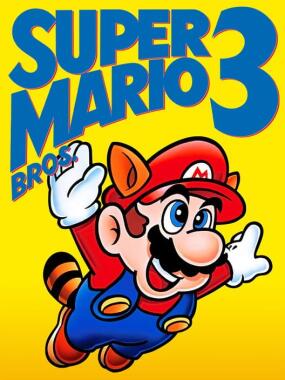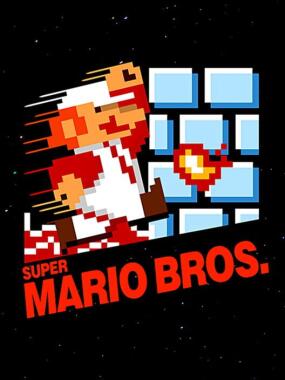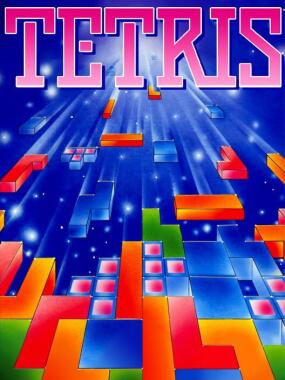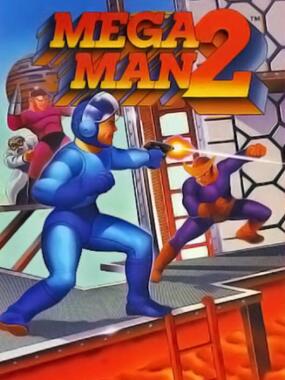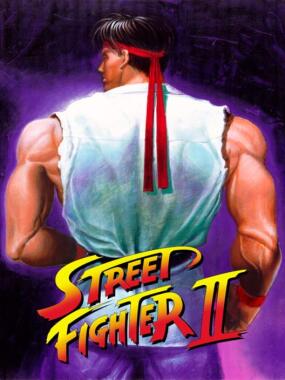Shin Moero!! Pro Yakyuu 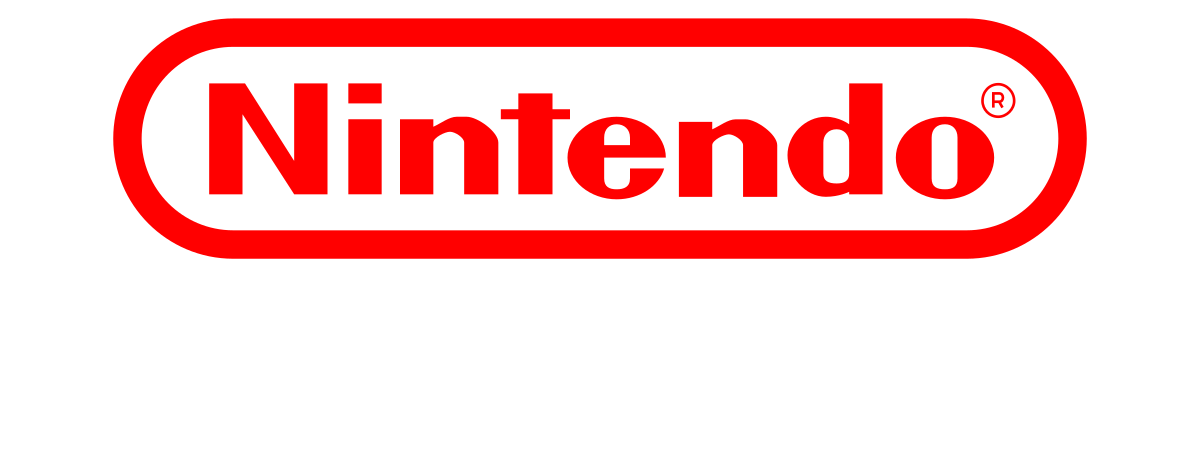
- ~
- Share
Shin Moero!! Pro Yakyuu is a Nintendo Entertainment System baseball video game developed by Jaleco and TOSE, and it represents the sixth entry in the Moero!! series. Unlike its predecessors, which were released in North America as Bases Loaded, this installment was not localized. The game introduces a unique slanted perspective for batting and pitching, offering players a diagonal view of the action. It also features a biorhythm system to gauge player performance, despite the concept being viewed skeptically by the time of release.
Release Date
Jul 27, 1989
35 years ago
Similar Games
 Bandai Golf: Challenge Pebble Beach
Bandai Golf: Challenge Pebble Beach Honoo no Toukyuuji: Dodge Danpei 2
Honoo no Toukyuuji: Dodge Danpei 2 Super Mario Bros. / Tetris / Nintendo World Cup
Super Mario Bros. / Tetris / Nintendo World Cup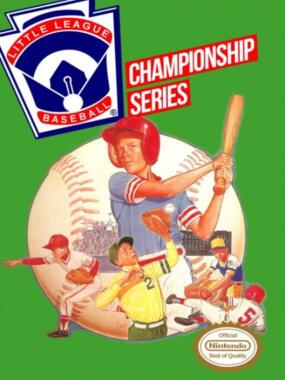 Little League Baseball: Championship Series
Little League Baseball: Championship Series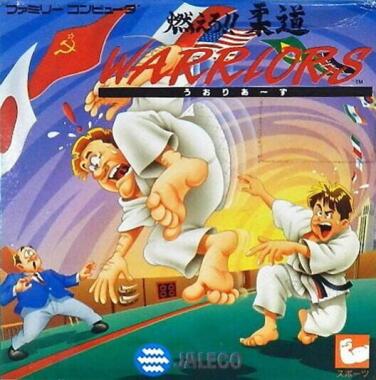 Moero!! Judo Warriors
Moero!! Judo Warriors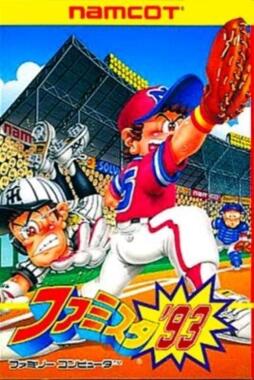 Famista '93
Famista '93 Stadium Events
Stadium Events Famicom Meijin Sen
Famicom Meijin Sen
Popular Nintendo Entertainment System Games
NES Core Required
Shin Moero!! Pro Yakyuu Game Wiki
Experience Shin Moero!! Pro Yakyuu Game (USA) online wiki exclusivly at RetroSpot.net. View Shin Moero!! Pro Yakyuu and use it with an core of your choice. Shin Moero!! Pro Yakyuu is compatible with PC, Mac, iOS and Android. RetroSpot is USA #1 choice for Retro Game information for games like Shin Moero!! Pro Yakyuu.
